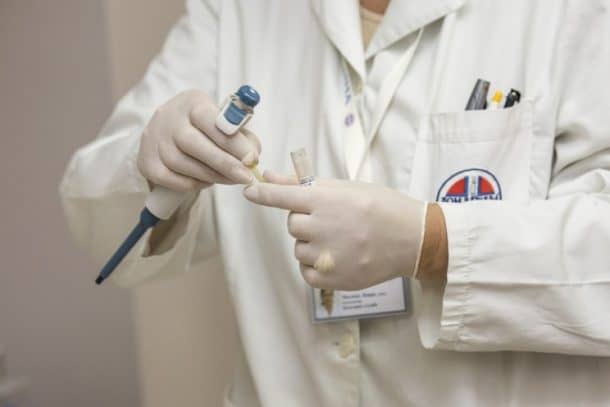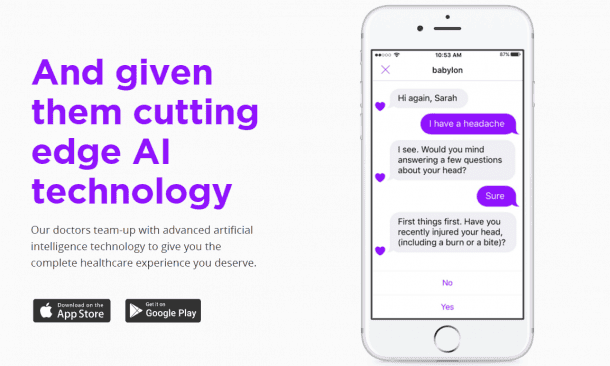Doctors at London’s Royal College of Physicians were recently subjected to the world’s first demonstration of an AI robot performing a clinical test. It was to test how the chatbot engineered by Babylon Health, a digital medicare startup would perform at the MRCGP exam.
General practitioners have had an average score of 72% in the last five years and the bot scored 82%. “Tonight’s results clearly illustrate how AI-augmented health services can reduce the burden on healthcare systems around the world. Our mission is to put accessible and affordable health services into the hands of every person on Earth,” said Dr. Ali Parsa, Babylon Health’s founder, and CEO, in a statement posted after the event.

Babylon Health’s team also collaborated with the Royal College of Physicians’ Chief of General Primary Care, Division of Primary Care and Population Health, Stanford University Dr. Megan Mahoney and Chief Population Health Officer, Yale New Haven Health Dr. Arnold DoRosario to further evaluate the AI’s abilities.
The chatbot was tested against 7 experienced primary care doctors. The results were once again impressive. The chatbot scored 80% for overall accuracy as compared to the 64-94% for the medical experts. When it came to conditions most frequently seen in primary care medicine, the bot performed at an impressive 98% accuracy.
In order to explain what the bot signifies, Dr. Parsa shared the statistics from the World Health Organisation that there is a shortage of 5 million doctors worldwide. This means that more than half the world’s population does not have access to basic healthcare services and primary care is becoming even more difficult to avail with longer waiting times.

“Babylon’s latest artificial intelligence capabilities show that it is possible for anyone, irrespective of their geography, wealth or circumstances, to have free access to health advice that is on-par with top-rated practicing clinicians,” said Parsa.
In the paper, the authors stipulate that their new AI system “may hold the promi
se of reduced costs and improved access to healthcare worldwide” but add that this would entail acquiring “greater levels of confidence from the medical community and the wider public.” The researchers also conclude that “studies using larger, real-world cohorts will be required to demonstrate the relative performance of these systems to human doctors.”


